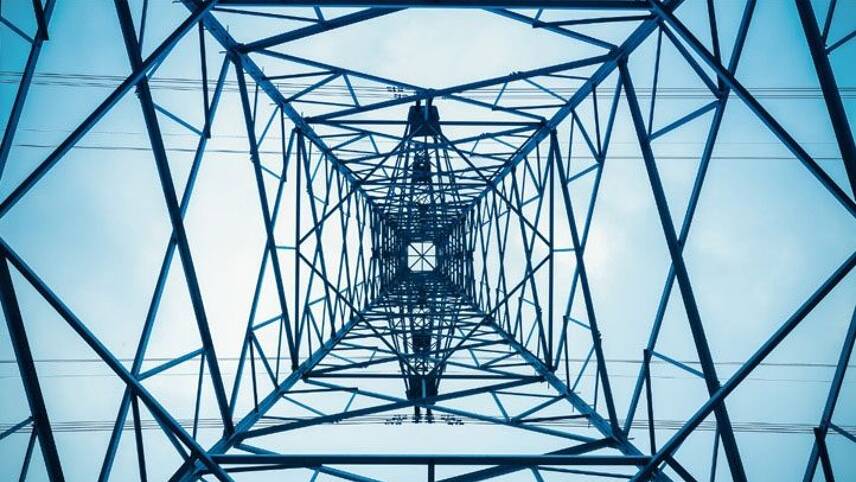Register for free and continue reading
Join our growing army of changemakers and get unlimited access to our premium content

The CCC claims a net-zero grid is possible by 2035, but not based on current policies
The BBC reported that some new solar and wind projects have waiting times of between 10 and 15 years, due to a lack of capacity in the system, with up to £200bn in clean energy projects currently facing these waiting times.
The BBC’s research, based on figures from the National Grid, suggests that around 40% of these projects face a connection wait of at least a year. The Government is due to deliver a new strategy to speed up connections, but that is not arriving until later in the year.
A Department for Energy Security and Net Zero spokesperson said: “We have connected the second highest amount of renewable electricity in Europe since 2010 but we recognise the challenge of connection delays.”
The current £200bn pipeline of delayed projects matches the amount that the Government has spent on renewables infrastructure since 2010.
The Government stated in 2021 that it intends to shift all electricity generation to clean sources by 2035. This would mean the entirety of the nation’s electricity generation mix would be accounted for by renewables – primarily wind and solar – as well as nuclear.
The International Energy Agency’s (IEA) roadmap to a global net-zero energy system by 2050 stated that advanced economies such as the UK should target net-zero electricity by 2035.
However, the UK is currently off-track to transform its power system to net-zero by 2035, according to a report from the Climate Change Committee (CCC) that calls for better planning policies on infrastructure, batteries, flexibility and consumer demand.
The CCC warned that while emissions from the power sector have fallen by 69% since 2010, more needs to be done to create and deliver the infrastructure required for a net-zero sector. The report states that infrastructure must be deployed “at a much greater pace than the present” and that much of the net-zero electricity system is yet to be built.
One of the key barriers to a net-zero power system according to the CCC is ensuring that there is enough low-carbon backup generation. The CCC states that hydrogen-based “power stations” and a low-use of fossil fuel gas will still be required alongside carbon capture and storage (CCS) technologies to help with the transition.
Commenting on the research, Kona Energy’s founder Andy Willis claimed that his company has energy projects that are “gathering dust” and that the figures show tha5 delays are “crippling” the nation’s green energy credentials.
“Grid connection delays are no secret in the sector, but the eye-watering figure of £200bn should sharpen minds in Government,” Willis said.
“Investors are acutely aware of the inhospitable environment and the money will stop coming. Make no mistake – the international investment community is watching and they will not hesitate to divert funds elsewhere. It’s already happening.”
“Urgently reforming the connections queue and allowing private companies to build some of the necessary connection infrastructure would drastically cut these waits and encourage competition. More of the same is not an option, we have to try something different as the problem is only going to get worse.”


Ramp up efforts to reduce energy usage by incentivising this area. e.g heat recovery
So 40% face a delay of at least a year, meaning 60% or £120bn will be delivered within a year. That sounds astoundingly good to me. What am I missing?